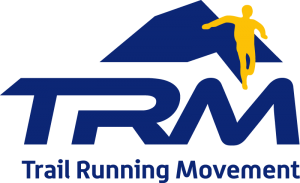
ENDURANCE AND PRE-WORKOUT MEAL
Can there be an effective relationship between endurance and the pre-workout meal? The answer is yes, nutrition therefore becomes a means of producing a training stimulus. Dr. Biorci, Trail Running Movement nutritionist, explains it in this article.
The workouts are basically built on two variables: duration and intensity.
In addition, however – in order to influence the physiological and molecular responses to training – it is also possible to think about the availability of nutrients before and during exercise and the impact they have in terms of induced stimuli.
A necessary premise is the different meaning that training and performance have. You train with fatigue and often bad weather, and then compete with a result. You train to stimulate the oxidation of fats, so as to use them as an efficient fuel in competitions. You train to develop new mitochondria and widen existing mitochondrial crests to maximize ATP production and the ability to contract longer.
And training in the morning, fasting from the previous evening, works in these directions.
The liver glycogen levels on average are halved during a night of fasting and exercise in these conditions forces the body to use fat. And the activation of this process – b-oxidation – in turn regulates several signals that lead to the formation of new mitochondria. Wanting to intensify the oxidation of lipids, the training should be carried out not only in conditions of low hepatic glycogen (from the night of fasting), but also of low muscle glycogen: therefore fasting the night before, first workout, only water to supplement, then a second training session.
It is quite intuitive to understand how this can, however, tire athletes accustomed to daily and intense training sessions. In particular, exercise in overnight fasting conditions could lead to a negative energy balance, associated with muscle loss, hormonal and immune dysfunctions.
To limit this damage, one possibility is the use of proteins in pre-workout. With the benefits on the oxidation of fats that would remain guaranteed.
In addition to stimulating the use of lipids, training should also be aimed at stimulating the use of carbohydrates. So, still working on the pre-workout meal, it is important to vary and carry out sessions with the carbohydrate load, 3 hours in advance. In this way, the production of glycolytic enzymes is stimulated, useful precisely for the efficient management of carbohydrates in the race.
Therefore, current sports nutrition guidelines suggest training with both a high availability of carbohydrates, in order to improve the oxidation of carbohydrates themselves, and with a low availability of carbohydrates to increase the synthesis of mitochondria and the oxidation of fats.
In summary, the pre-workout could be rationalized as follows:
Exercises <90 minutes low to moderate intensity: fasting or 10-30g of protein. Objectives: oxidation of fats and metabolic adaptations
Exercises <90 minutes at high intensity: 0-75g of carbohydrates and / or 10-30g of protein. Objectives: development of aerobic capacity and metabolic adaptations
Exercises> 90 minutes, low to moderate intensity: 0-75g of carbohydrates or 10-30g of protein. Objectives: oxidation of fats and metabolic adaptations
Exercises> 90 minutes, high intensity: 75-150g of carbohydrates and 10-30g of protein. Objectives: performance and metabolic adaptations So nutrition as a training stimulus.
DISCOVER all our nutrition plans for Trail Running, click HERE
endurance diet, endurance nutrition, endurance nutrition, endurance nutrition, endurance nutrition plans, endurance trail running, nutrition for trail running athletes, nutrition in trail running races, trail running nutrition plans








